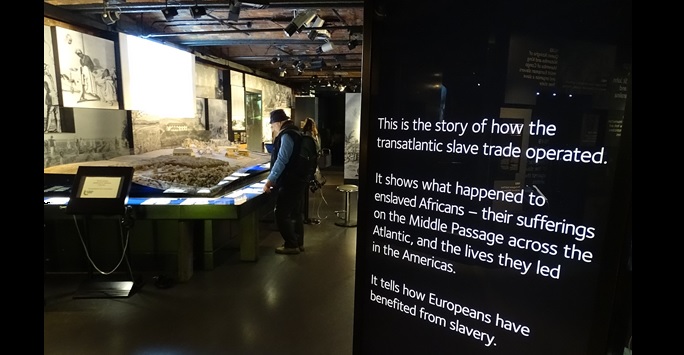Inclusion and Diversity
In line with The Academy's firm commitment to equity, diversity and inclusion (see below), we offer all postdoctoral and research-related staff opportunities to develop and network irrespective of a researcher’s gender, ethnicity, age, self-identification, disability, religious affiliation, or any other criteria used to separate and define.
We incorporate inclusive and accessible event checklists – for organisers, presenters and participants – for all our online and in-person events, and liaise closely with our UoL Staff Networks during the design and organisation stages for all the activities we lead. These include the BAME Network, the Disability Network, the LGBTQ Network and the Female ECR Network.
Academy Researcher Development Inclusivity Statement
The Academy is committed to providing an environment which recognises and values people's differences, capitalises on the strengths that those differences bring to the institution and supports all staff and students in maximising their potential to succeed. In line with The Academy's firm commitment to equity, diversity and inclusion, we offer all postdoctoral and research-related opportunities to develop and network irrespective of a researcher’s gender, ethnicity, age, self-identification, disability, religious affiliation, or any other criteria used to separate and define.
Did you know?...Around 75% of Liverpudlians have Irish roots, and Liverpool has the strongest Irish heritage of any UK city. Due to the close proximity of the ports, many people fled Ireland to escape The Great Famine between 1845 and 1849, and by 1851, more than 20% of Liverpool’s population was Irish.
Back to: Researcher Hub
